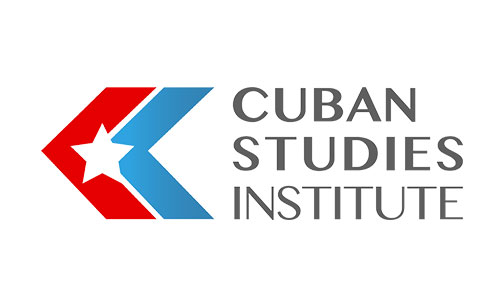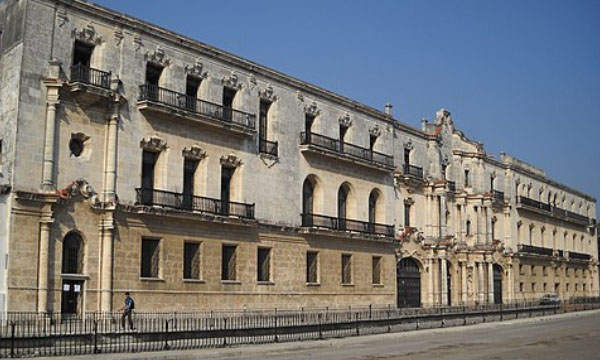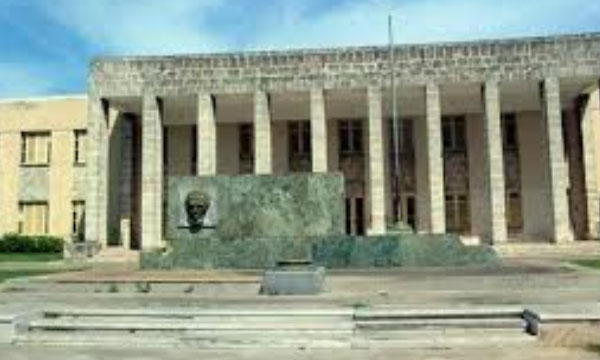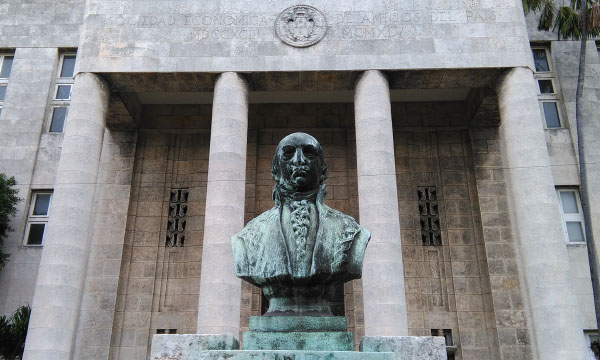Partido Reformista
The movement for reform (reformismo) in Cuba, began in the early 19th century, received new impetus by mid-century. The drive for annexation was faltering and a feeling of nationalism developing. But violent opposition to Spanish rule had failed and the idea of independence was still nascent. The reformers sought numerous political and economic concessions from […]





